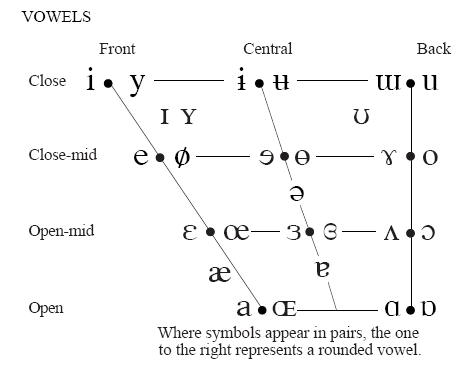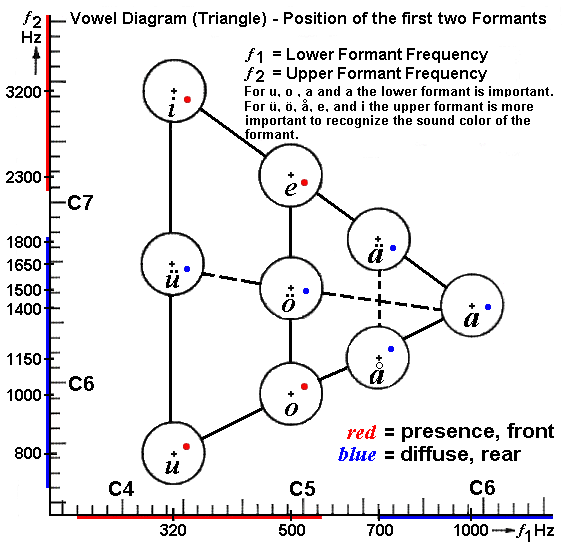Let’s try a more historically informed attempt at an answer.
The USA within the Anglosphere had a very early strain of resistance to British authority, which made it a Republic. Ireland had an even earlier strain of of resistance to British authority, which made it a Republic a lot later.
Most erstwhile colonies and dominions of Britain became Republics as well. Those that haven’t are the 15 Commonwealth realms. They include much of the West Indies and the Pacific, and I don’t quite understand what happened there. Among the dominions (I’ll be blunt: among countries that were majority White Britisher), they include the UK, Canada, New Zealand, and Australia.
Of these four countries, Australia is the one with the most prominent republican history. So when you ask why Australians dislike their Queen so much, those other three countries, UK, Canada, and New Zealand, are who you’re comparing Australia to. And the question is only meaningful if you make that comparison.
Australia has had a republican movement since before Federation. The disproportionate presence of Irish in Australia compared to elsewhere was one cause for that; the convict origins somehow another; the national mythology of Australia as an improved and self-reliant version of Britain a third.
The Australian mainstream was as forelock-tuggingly British as it was anywhere else until the 70s, and delayed ratifying the Statute of Westminster 1931 (when the UK really finally kicked us out of home legislatively) for a decade. But there was an ongoing undercurrent that was not as pro-British, and a sequence of jabs at the mother country; us daring to have Isaac Isaacs as a Governor General for example, or the trade boycotts provoked by the Bodyline controversy in cricket, or us pivoting away from Churchill and towards FDR in WWII.
That level of republicanism and resentment of Britain may have been a minority narrative in Australia; but it was certainly much more prominent than in Canada (who after all needed to differentiate itself from its southern neighbour) or New Zealand (which is a gentle easy-going place).
The resentment of Britain is pretty mainstream now; anyone who speaks with a Cultivated Australian [= tweaked RP: Variation in Australian English] accent now is a figure of derision. I note with amusement the accent of Georgina Downer, scion of a long line of Tory Australian politicians, and daughter of Alexander Downer. Her dad still speaks with a plum in his mouth, and is the High Commissioner to the UK, like his father before him. Georgina does a lot of radio as a member of the local libertarian think tank (she’s waiting for preselection somewhere); and she sounds ’Strayan, because that is now the only way to become a politician in this country.
The resentment of British authority and the republicanism translate to antipathy to the monarchy, though it has to be said, minimal personal antipathy to Queen Elizabeth. Even our arch republican and Last Visionary prime minister Paul Keating has said as much. There is celebrity interest in Wills and Kate, and a complacent “if it ain’t broke don’t fix it” sentiment from the majority of Australians; republicanism remains a minority sentiment. But it’s a sizeable minority.



